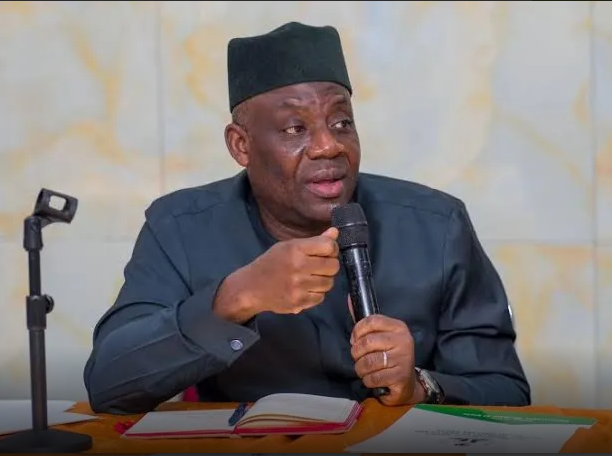The Unsettling Vetting Session of the Chief Justice Nominee
The vetting session for the Chief Justice (CJ) nominee, Justice Paul Baffoe-Bonnie, turned out to be one of the most contentious and revealing processes in recent Ghanaian political history. The session left many observers with a sense of unease, as it exposed deep divisions within the parliamentary committee and raised questions about the integrity of the judicial nomination process.
Throughout the session, Justice Baffoe-Bonnie faced rigorous questioning from committee members. Some of his responses sparked intense public debate, leading Ghanaians to reflect on the implications of his answers. The level of tension during the session was palpable, and it became clear that this was not just a routine procedure—it was a battleground for ideological and political differences.
One of the most controversial moments came when the nominee spoke about his decision to sentence Ataa Ayi to 70 years in prison. His explanation was met with skepticism. He claimed that the severe punishment was meant to prevent the convict from ever coming out of prison to harass his family or himself. While some might view this as a dramatic response, others questioned whether such a harsh sentence was necessary or if it was an overreaction to a personal threat. This statement added fuel to the fire, prompting media outlets to dissect its meaning and implications.
A day after the disclosure, the story dominated news cycles, with analysts and citizens alike debating whether the sentence was a standard legal procedure or a calculated move to protect the nominee’s interests. Many wondered if the nominee could have handled the subject more delicately, as his response gave critics ammunition to challenge his suitability for the position.
Another significant point of discussion was the nominee’s interaction with a group of lawyers associated with the National Democratic Congress (NDC). This group, which had called on him to congratulate him upon his appointment as Acting CJ, also raised concerns about the future of the Ghana Bar Association (GBA). They sought a Supreme Court interpretation on whether the GBA should remain the sole umbrella organization for the legal profession.
This development led to speculation about the nominee’s stance on the matter. During the meeting, his body language suggested a willingness to support the formation of a rival body to the GBA. Critics argue that this could signal a shift in the balance of power within the legal community, especially given the historical perception of the GBA as being aligned with the New Patriotic Party (NPP). If the nominee is indeed supportive of this initiative, it could mark a significant change in how the legal profession is organized and represented in Ghana.
The Speaker’s Role and Changing Stance
The Speaker of Parliament also found himself at the center of controversy. While he had previously criticized the judiciary for colluding with the executive, he now appeared to be critical of the Minority’s conduct during the vetting session. His reaction to the Minority walking out of the session raised eyebrows, especially considering his past statements about the need for the judiciary to respect legislative authority.
This shift in stance has led to questions about the Speaker’s consistency and the broader political dynamics at play. It highlights how the rules of engagement within Parliament can change depending on who is involved and what is at stake.
Conclusion
The vetting session for Justice Paul Baffoe-Bonnie was more than just a procedural formality—it was a revealing look into the complexities of Ghana’s political and judicial systems. The controversies surrounding the nominee’s past decisions, his interactions with different groups, and the reactions of key figures like the Speaker all contributed to a tense and thought-provoking process.
As the nation watches closely, the next steps will be crucial in determining whether this vetting session sets a precedent for future judicial appointments or marks a turning point in the relationship between the judiciary, the legislature, and the legal profession.
